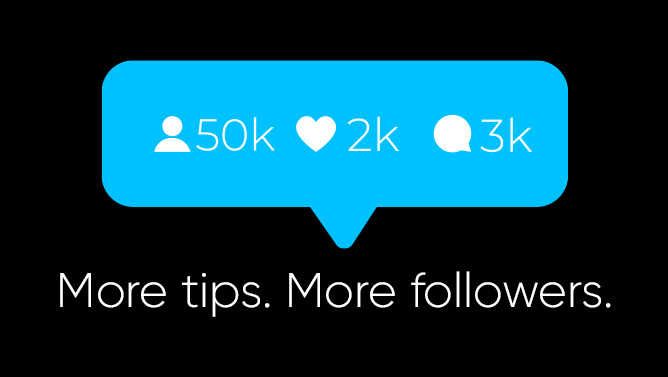In today’s world, social media has become an integral part of business marketing strategies. Platforms like Facebook, Twitter, LinkedIn, and Instagram offer businesses an excellent way to reach their target audience, engage with customers, and build their brand image.
However, with the increasing use of social media, the risk of cyber-attacks and data breaches has also increased. This article started from seeing multiple examples of business pages getting hacked (just like in the case of Lindab Romania) just because the administrators didn’t have TFA enabled.
Why is setting up social media security important for businesses?
Businesses frequently disclose confidential information, such as customer data, financial information, and contact details, on social media platforms. This sensitive data can be exploited by cybercriminals to carry out fraudulent activities or steal identities, leading to severe financial and reputational harm. Therefore, safeguarding sensitive data is crucial to prevent such risks.
In April 2011, Sony’s PlayStation Network was hacked, and the personal information of 77 million users was compromised. The hack resulted in the network being offline for almost a month and cost Sony an estimated $171 million.
Preserving a brand’s reputation is vital on social media platforms since they are open forums, and any security breach can harm a business’s image. Clients tend to rely on enterprises that prioritize safeguarding their personal information and privacy. Hence, taking adequate precautions to secure data can positively influence a business’s reputation.
In 2013, The New York Times‘ Twitter account and website were hacked by a group called the Syrian Electronic Army, which posted several false and misleading tweets from the account. The Times regained control of the account and website and apologized for the incident.
Businesses have a legal responsibility to safeguard their customers’ data and privacy, and non-compliance can lead to severe consequences, such as substantial penalties and legal ramifications.
In 2013, the Twitter account of Burger King was hacked, and the hackers changed the profile picture and bio to that of rival fast-food chain McDonald’s. The hack resulted in negative publicity for Burger King, and the account had to be temporarily suspended.
These examples demonstrate the significant impact that hacking can have on a brand’s reputation and financial well-being. It highlights the importance of taking necessary measures to secure social media accounts and protect sensitive data.
How to set up social media security for businesses?
Create strong passwords.
Weak passwords are the easiest way for hackers to gain access to a business’s social media accounts. Therefore, it is essential to create strong passwords that are difficult to guess. Passwords should include a combination of letters, numbers, and symbols.
Limit access to social media accounts.
Businesses should limit access to social media accounts and ensure that only authorized personnel can access them. This can be done by creating separate accounts for each team member and assigning specific roles and permissions.
Enable two-factor authentication.
Two-factor authentication provides an extra layer of security by requiring users to enter a code sent to their mobile device or email address in addition to their password. This ensures that even if a hacker has the password, they will not be able to access the account without the code.
Monitor social media accounts regularly.
Regular monitoring of social media accounts can help businesses detect any suspicious activity and take necessary action. This can be done by setting up alerts for account logins and account setting changes.
Educate employees.
Employees can unknowingly put a business’s social media security at risk by clicking on suspicious links or downloading malicious software. Therefore, it is essential to educate employees on best practices for social media security and provide regular training on how to identify and avoid potential threats.
In conclusion, social media security is crucial for businesses to protect their sensitive data, maintain their brand reputation, and fulfill legal obligations. By following the above-mentioned security measures, businesses can minimize the risk of cyber-attacks and data breaches and ensure that their online presence is secure.


